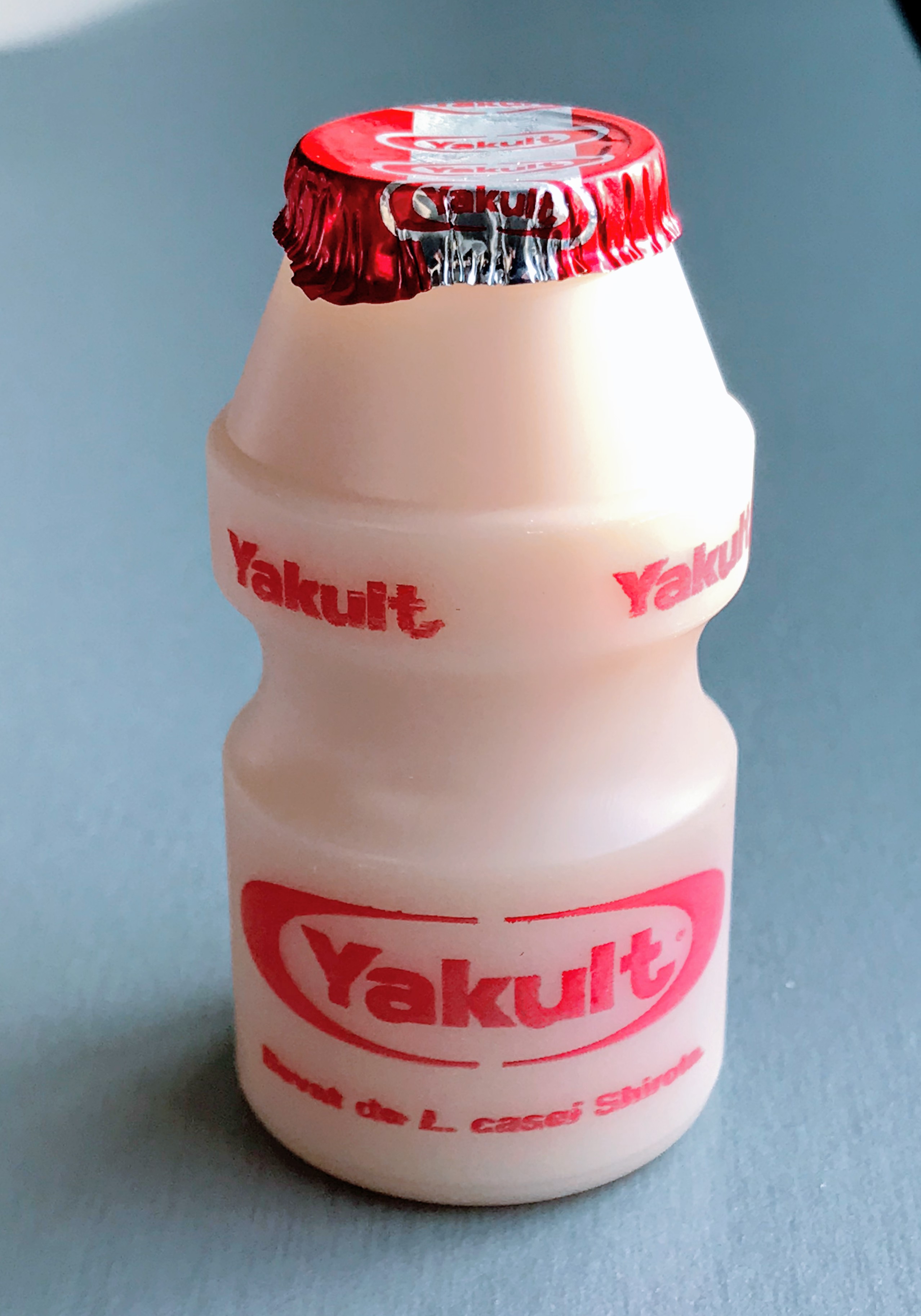Probiotics
Enlarge text Shrink text- Work cat.: 2006022947: The power of probiotics : improving your health with beneficial microbes, c2007.
- Vine, N.G. Towards the development of a protocol for the selection of probiotics in marine fish larviculture, 2004:PDF p. 2 (In aquaculture, the term "probiotics" is often loosely used to describe a microbial formulation responsible for biocontrol or bioremediation. Gatesoupe (1999) redefined probiotics for aquaculture as "microbial cells that are administered in such a way as to enter the gastrointestinal tract and to be kept alive, with the aim of improving health"; oral delivery of the probiont and its ability to improve the health of the host due to its presence in the digestive tract)
- MeSH browser, July 20, 2006(Probiotics. Live microbial dietary supplements which beneficially affect the host animal by improving its intestinal microbial balance. Antibiotics and other related compounds are not included in this definition. In humans, lactobacilli are commonly used as probiotics, either as single species or in mixed culture with other bacteria. Other genera that have been used are bifidobacteria and streptococci.)
- Wikipedia, May 4, 2006(Probiotics are dietary supplements containing potentially beneficial bacteria or yeast, however lactic acid bacteria (LAB) are the most common microbes used. Probiotic bacterial cultures are intended to assist the body's naturally occurring flora within the digestive tract to reestablish themselves. Claims are made that probiotics strengthen the immune system. The most common form for probiotics are dairy products and probiotic fortified foods. However, tablets and capsules containing the bacteria in freeze dried form are also available. There is no published evidence that probiotic supplements are able to replace the body's natural flora when these have been killed off. There is evidence, however, that probiotics do form beneficial temporary colonies which may assist the body in the same functions as the natural flora, while allowing the matural flora time to recover from depletion.))
- Probiotics basics, via WWW, May 4, 2006(Probiotics were defined by a group of experts convened by the Food and Agriculture Organization of the United Nations as "live microorganisms administered in adequate amounts which confer a beneficial health effect on the host." Most probiotics are bacteria, which are small, single-celled organisms. One yeast, Saccharomyces boulardii, also has been evaluated as a probiotic.)
- PDF health Web site, May 4, 2006(Probiotics are defined as live microorganisms, including Lactobacillus species, Bifidobacterium species, and yeasts, that may beneficially affect the host upon ingestion by improving the balance of the intestinal microflora. The dietary use of live microorganisms has a long history. Trade names: Mega Dophilus (Natren), Healthy Trinity (Natren), Bifido Factor (Natren), Digesta Lac (Natren), Life Start (Natren), Probiata (Wakunaga Consumer))
Probiotics are live microorganisms promoted with claims that they provide health benefits when consumed, generally by improving or restoring the gut microbiota. Probiotics are considered generally safe to consume, but may cause bacteria-host interactions and unwanted side effects in rare cases. There is some evidence that probiotics are beneficial for some conditions, such as helping to ease some symptoms of irritable bowel syndrome (IBS). However, many claimed health benefits, such as treating eczema, lack substantial scientific support. The first discovered probiotic was a certain strain of bacillus in Bulgarian yoghurt, called Lactobacillus bulgaricus. The discovery was made in 1905 by Bulgarian physician and microbiologist Stamen Grigorov. The modern-day theory is generally attributed to Russian Nobel Prize laureate Élie Metchnikoff, who postulated around 1907 that yoghurt-consuming Bulgarian peasants lived longer. A growing probiotics market has led to the need for stricter requirements for scientific substantiation of putative benefits conferred by microorganisms claimed to be probiotic. Although some evidence claimed benefits are marketed towards using probiotic, such as reducing gastrointestinal discomfort, improving immune health, relieving constipation, or avoiding the common cold, such claims are strain-specific and cannot be extrapolated to other strains. As of 2019, numerous applications for approval of health claims by European manufacturers of probiotic dietary supplements have been rejected by the European Food Safety Authority for insufficient evidence of beneficial mechanism or efficacy.
Read more on Wikipedia >
 Topic
Topic




